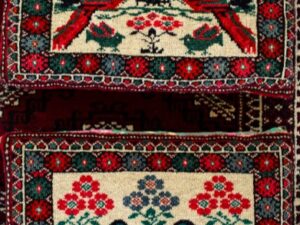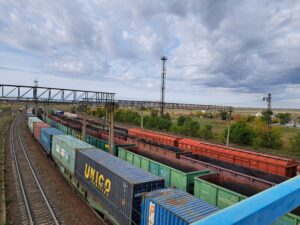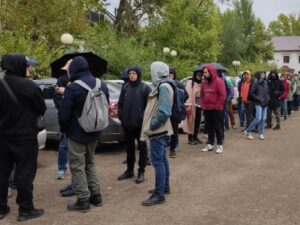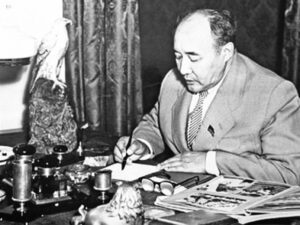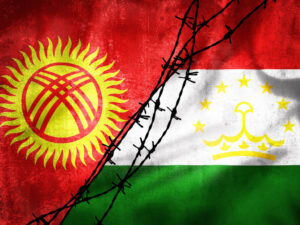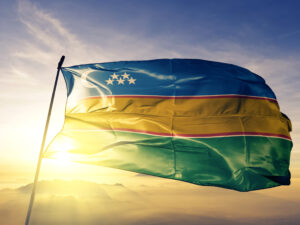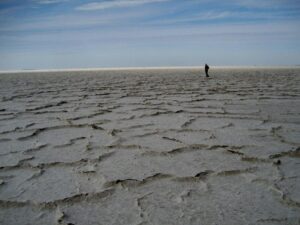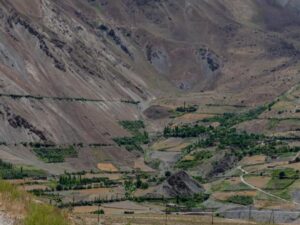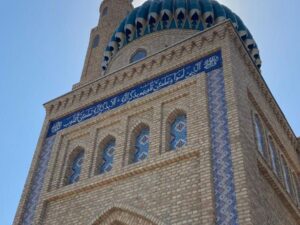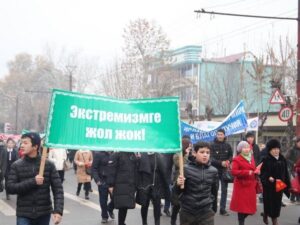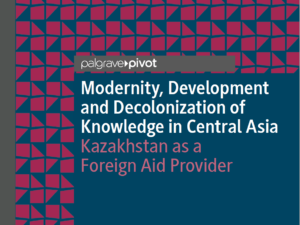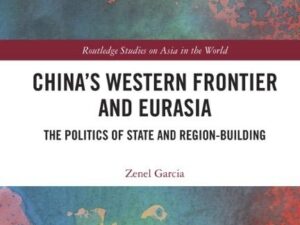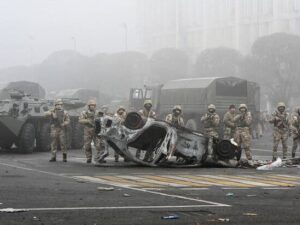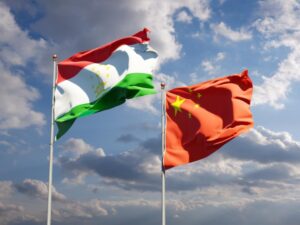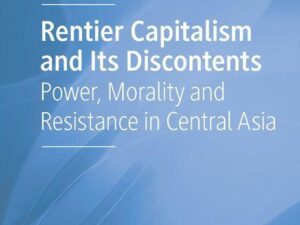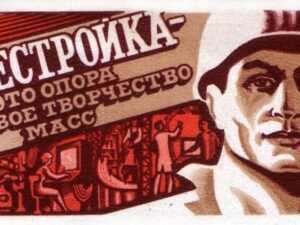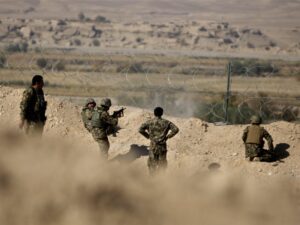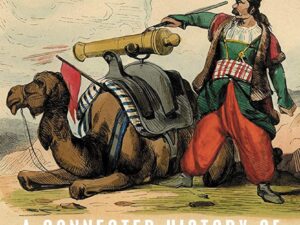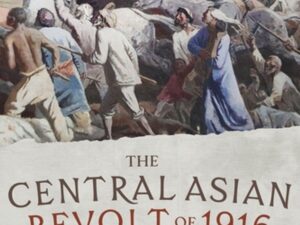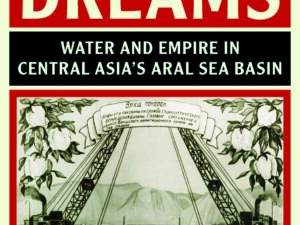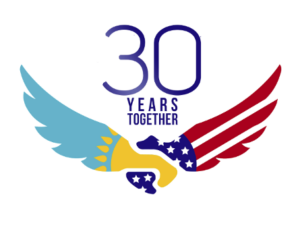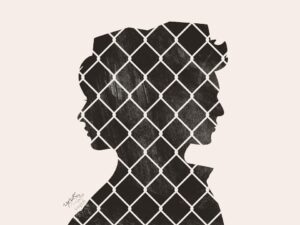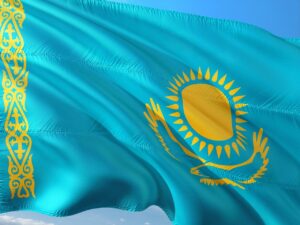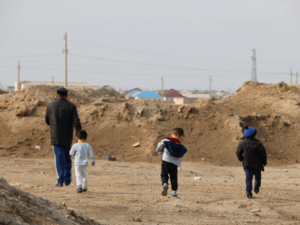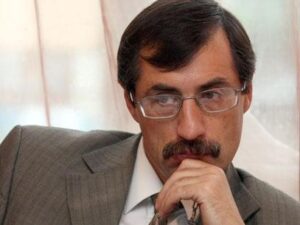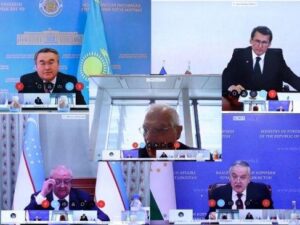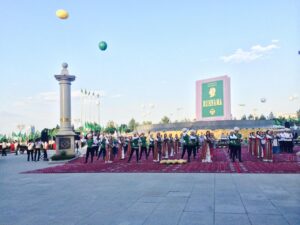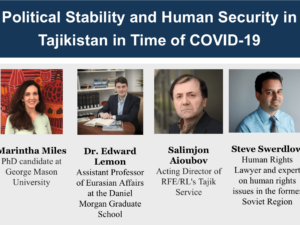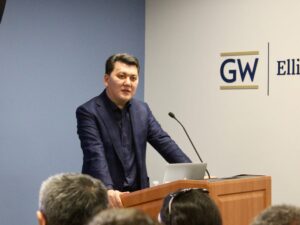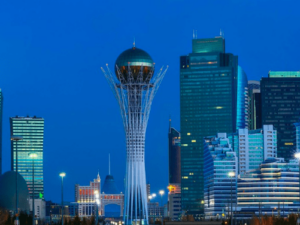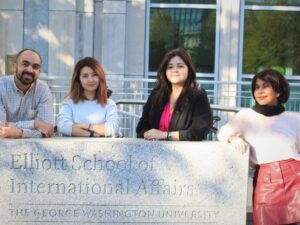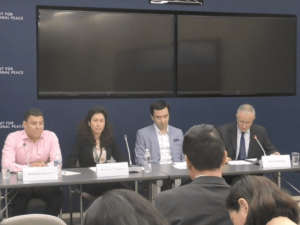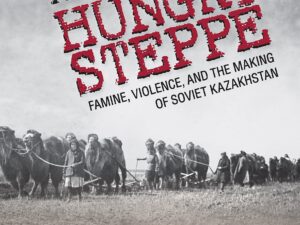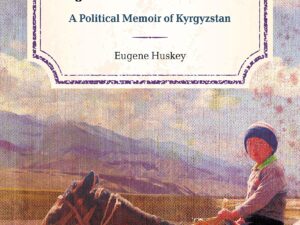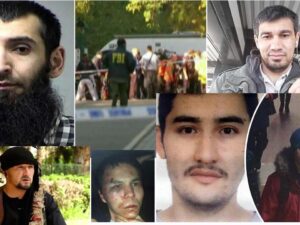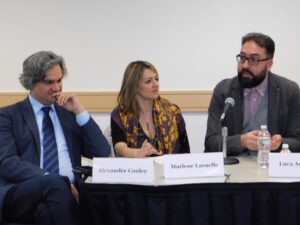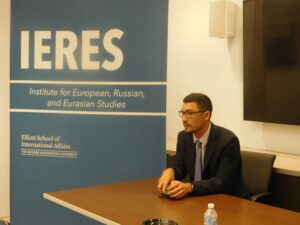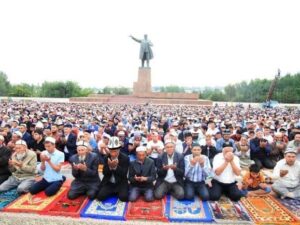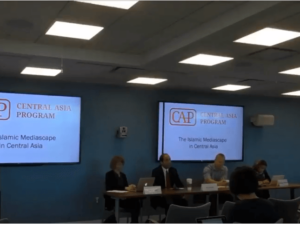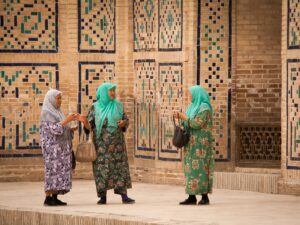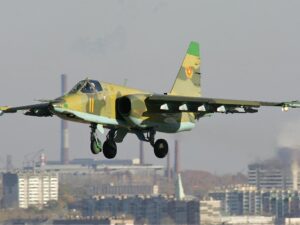
- This event has passed.
Desecularization Post-Soviet Style: Delimitations of New Religious Public Space in Central Asia
23 April, 2015 @ 4:00 PM - 5:30 PM

with John Schoeberlein, Nazarbayev University
Modernization theory has run into some snags regarding religion in Central Asia. The Post-Reformation modernity in Europe brought convictions and institutions aimed at ensuring religious life free of state intervention and withdrawal of religion from public space. Post-Soviet modernity in Central Asia has seen the opposite trend — convictions and institutions premised on the idea that religion should play an increasing public role while the state should intervene robustly to influence the direction of religious development. What has been called desecularization in other parts of the world — a reversal in the trend towards privatization of religion — in Central Asia today is called secularism. This talk takes an anthropological perspective on the nationalization of religion in Central Asia, focusing on popular attitudes that largely endorse the state control of religion, whether it be the Islam that is seen as the key to spiritual and moral well-being, or the proselytizing Christianity that is seen as a threat to social stability.
John Schoeberlein is a social anthropologist with nearly three decades of experience researching Central Asia, the Caucasus, and Muslim societies of Eurasia generally. Prior to moving to Nazarbayev University in 2012, he established and directed the Program on Central Asia and the Caucasus at Harvard University (Cambridge, USA) for nearly two decades, and he also served as Visiting Professor at the Eurasian National University (Astana), and at the American University of Central Asia (Bishkek), among many other roles. He received his Ph.D. in Social Anthropology from Harvard University in 1994. His research focuses on identity, ethnicity, nationality, religion, gender, and community organization. He has conducted a total of over six years of anthropological field research in post-Soviet countries, mainly in Uzbekistan, Tajikistan, Kyrgyzstan, Kazakhstan, Georgia and Russia. Themes of his current research include: the changing role of Islam in former-Soviet societies, the development of new cultural orientations including revival of traditions and global cultural influences in Eurasia, discourses and practices of morality in everyday life, Soviet cultural and social legacies, and the interaction between culture and politics in post-Soviet Eurasia.



